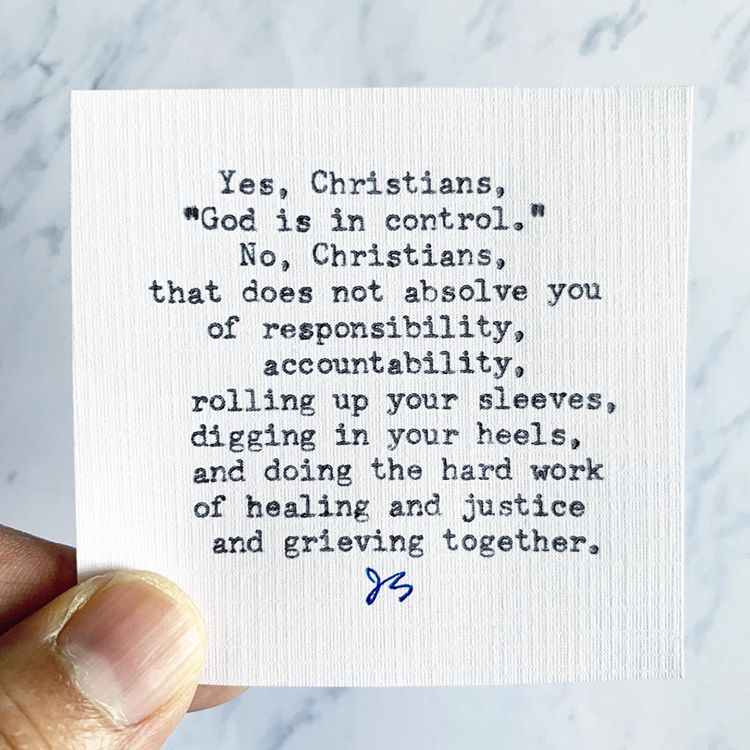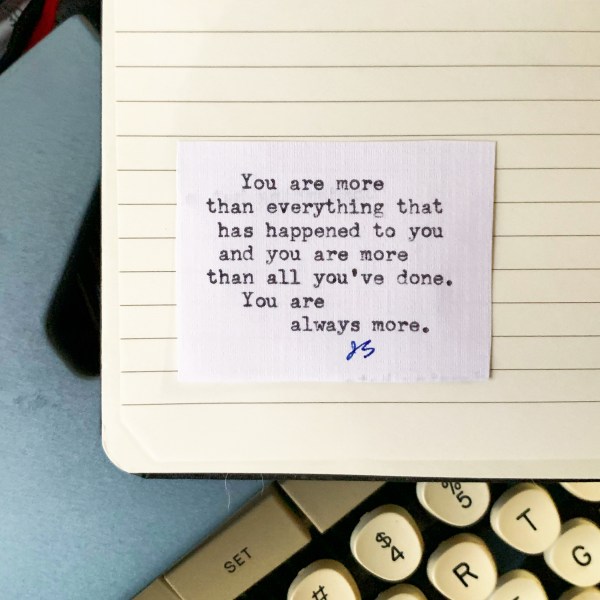Culture breakdown.
There’s a philosophical principle in South Korea called Hongik-Ingan (홍익인간), the devotion to benefit all of humanity. It’s a good thing, but it also has some very dark implications.
Basically, many Koreans are told that if their life doesn’t measure up to a surplus benefit, they might as well take their own lives. In other words, always contribute and never consume—or die.
The upside is that Koreans (and easterners in general) have a remarkable work ethic. We work crazy hard. But the downside is that if any of us encounter failure, disaster, or even imperfection, we immediately fall into an abyss of worthlessness.
I’m convinced this is one of the reasons why South Korea has the tenth highest suicide rate in the world.
The westernized philosophy of American Exceptionalism is not a lot different than 홍익인간. You see it in hustle-porn podcasts and bootstraps literature: “Believe it, dream it, achieve it, ”—but with the hidden clause, “And if you can’t, it’s all your fault. Why can’t you just …?” The eastern judgment is based on how others see you, but the western judgment is based on how you see you. It’s the same problem wrapped in different coats.
The overarching message: If you fail, you’re somehow no good. If you can’t beat this, it’s your problem. If you haven’t succeeded, it’s on you. Bigger, faster, more, or you are literally smaller, slower, less.
So when it comes to mental health, racial trauma, chronic illness, problems in the larger system—all of these are considered “excuses.”
Both the east and west are brutally unforgiving to those in uncontrollable circumstances. “Maybe you’re depressed because you’re not trying hard enough. You’re homeless because you didn’t do your homework in high school. You got abused because you were asking for it. You’re always sick because you don’t have faith. That wasn’t racism, you just weren’t acting right.”
These shaming statements revolve on the same terrible axis: that when life is bad, you are bad, and that you attracted the terror to yourself. We believe this because it fits a logical worldview. But it is not a rational one.
Here’s what I know. Your goodness absolutely does not hinge on what happens to you. There is no 1:1 ratio of your value and your life, of your effort versus outcome, no matter how someone got here. And no one ever became successful by themselves; no one is a self-made person. So it is also true that no one has ever totally failed themselves.
If it were all on you: every rainstorm would be your fault, every disaster would be your doing, winning the lottery makes you a saint, and being Jeff Bezos makes you god. Which, of course, is straight up lunacy.
Sometimes the environment or system or leaders or our own bodies were hostile, and so we never stood a chance. Unfortunately our world is not always kind to those “lesser” because we see it as their fault, therefore they’re not given an opportunity, which only reinforces a vicious cycle. You and I simply do not get better by being told, “Hey it’s entirely your fault, so good luck.”
Yes, I believe in both personal responsibility and interdependent community. We must make wise choices. I’m proud of much of my culture and how strong we are. But our choices can be limited by the mechanisms that surround us. We can always choose, but the world often determines how far we move.
All our philosophies may have many strengths, but they are built on a lie: that somehow it’s all up to you. The truth? It never was. At times the world around you has failed you. And sometimes you need help, and you won’t be able to contribute for a time because you need others to support you. And it’s okay to ask for that.
It must not be shameful to ask for charity. Any culture that makes this shameful is in itself a shameful culture that must be dismantled. You and I need help. We need each other. We need the gift of grace, a God-given help outside ourselves. We need to be okay to fail. And that does not make you less. The best of us emerges when we find where we need help.
My hope is that my daughter knows: your worth never hinges on your work. Sometimes life is just hard. It is unfair. It is ruthless. You will need help. That does not make you less. In fact, to ask for help makes you more. It makes you yourself.
Or as esteemed theologian Captain Jean Luc Picard says, “It is possible to commit no mistakes and still lose. That is not a weakness. That is life.”
— J.S.




















